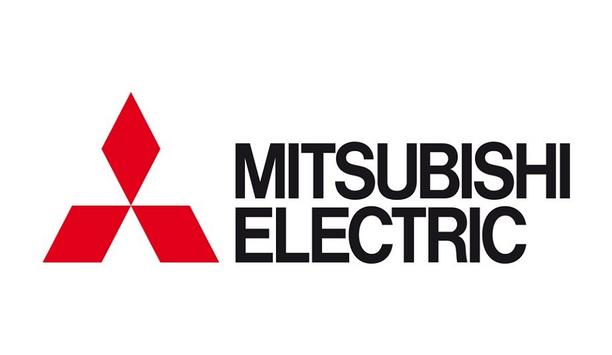Johnson Controls, the global pioneer for smart, healthy, and sustainable buildings, announced it has invested in its collaboration with the International WELL Building Institute (IWBI) to strengthen its commitment to healthy building solutions for both its employees and customers.
Johnson Controls' designation as a WELL Enterprise Provider (EP) helps customers meet their business objectives in areas such as ESG reporting, human and social capital management, and workplace strategy and policy. As a WELL EP, Johnson Controls will expand on its existing building certification consulting services to incorporate WELL certification and ratings into its offerings.
Author's Quote
"Now more than ever, ensuring that our indoor spaces are healthy is a critical business need – especially as our customers manage hybrid work models," said Tyler Smith, vice president, Healthy Buildings, Johnson Controls.
Johnson Controls announced a relationship with IWBI to accelerate the reinvention of healthy buildings
"Partnering with IWBI to advance the WELL Building Standard supports our holistic approach in creating healthier and safer environments that cut building costs, raise productivity and deliver on sustainability goals. We look forward to leveraging our new WELL EP designation to help our customers realize the business value of operating buildings that prioritize health and wellness."
"In leveraging and engaging in WELL, Johnson Controls is able to drive organizational returns while also integrating evidence-based building strategies that advance health and well-being," said Jessica Cooper, Chief Product Officer, IWBI. "We are thrilled to have Johnson Controls—a marked industry pioneer in transforming the built environment—onboard as a WELL Enterprise Provider, deepening its commitment to creating people-first places and helping others do the same."
relationship with IWBI
In April 2021, Johnson Controls announced a global relationship with IWBI to accelerate the reinvention of healthy buildings through advanced technology development, outcome-based planning and best practices that improve the health and safety of people in buildings and communities. In addition to certifying its headquarters facilities, Johnson Controls has also committed to embedding the program into its organization to bring the WELL Building Standard to its global customers.
WELL Health-Safety Rating
Johnson Controls also committed to embedding the program into its organization to bring the standard
Two of Johnson Controls' global headquarters buildings in Shanghai and Glendale, Wisconsin have also achieved the WELL Health-Safety Rating from IWBI for the second year. The WELL Health-Safety Rating is an evidence-based, third-party verified rating for all facility types focused on operational policies, maintenance protocols, emergency plans, and stakeholder education to address acute health threats now and broader health- and safety-related issues into the future.
Enhancements implemented at the Glendale, Wisconsin, and Shanghai facilities include updates to the company's emergency preparedness, health-service resources, and air and water quality.
"The COVID-19 pandemic highlighted the critical role that buildings – and those who operate and manage them – play in supporting people's health, safety and well-being," said Thad Steffen, vice president, Enterprise Property Group & Security, Johnson Controls. "Having confidence in the safety of their work environment is of utmost importance to our workforce, and that's why pursuing this rating means so much to Johnson Controls and our employees."
Additional elements of Johnson Controls collaboration with IWBI
- Johnson Controls is an IWBI Keystone Member, part of a network of pioneering organizations working together to advance the movement for better buildings and communities globally.
- Johnson Controls is a member of the Healthy Workplaces Coalition with IWBI, a group of more than 40 national organizations, industry pioneers, and trade associations collaborating to support and advance federal policy aimed at helping businesses and organizations better afford and implement health and safety improvements in workplaces and across the built environment — to benefit the health and well-being of employees, customers, and the public.


















